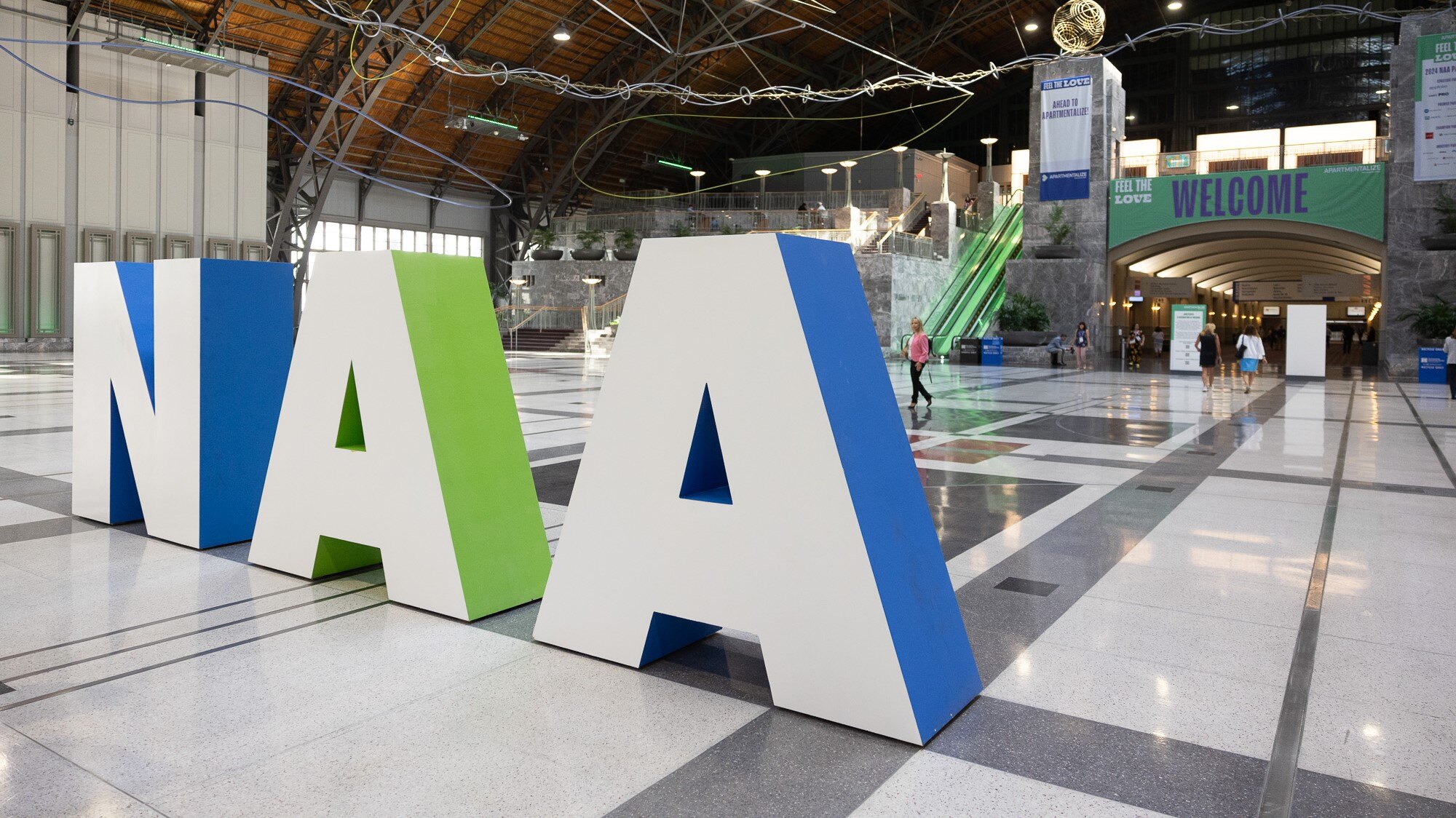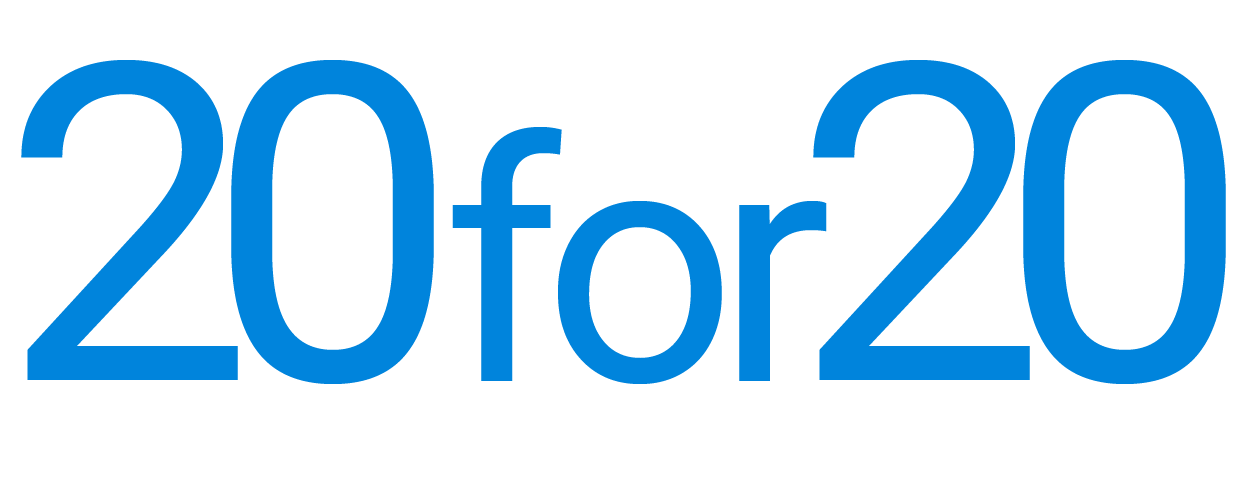
The City of Brotherly Love provided a backdrop for this year's NAA APARTMENTALIZE that was fresh in novelty, if not in weather. An energy-packed conference offered new insights into some of our industry's most rapidly changing areas. There's lots to talk about, and it is with some trepidation that I share a recap focused on two of the most buzzwordy topics: centralization and AI. However, these were the biggest stories that caught my eye at NAA this year.
Centralization (or "Specialization," or "Org Design.")
We have reached a stage where we should approach the conference discussion of centralization with some perspective and skepticism. Centralization—a term we appear to be stuck with—is very much in the eye of the beholder. Reading between the lines of what we hear on the conference stage shows large disparities in the level of progress companies have made. The business model redesigns entailed in centralization are highly context-specific and generally have a long way to go in multifamily.
With that in mind, I was delighted to hear a discussion that was different from anything I have seen to date. An excellent panel entitled "Making the Work Work" focused on the HR aspects of centralization, particularly the upskilling and reskilling it entails across corporations. One of the most interesting features of this discussion came from Josh Draughn, VP of Marketing with Weidner, who shared an interesting graphic of the career lattice they now use at Weidner.

That resonated deeply with me. It's been some years since I read the book "The Corporate Lattice" by Cathy Benko, the vice chairman and chief people officer of Deloitte Consulting. Benko was—I believe—the first person to articulate this concept of a career lattice. The book advocated for a career approach that allowed lateral moves as well as vertical ones to reach a greater variety of career destinations.
The enlightened view on centralization aspires to deliver greater role specialization. We want a smaller number of more specialized team members doing work to a higher quality and level of consistency. The lattice (see snapshot from Josh's presentation, which only contains a subset of the roles available) provides a good example of how associates can consider specialized roles in the context of career development.
A poll in the room showed that about 26% of the 180 or so respondents were operating a career lattice rather than a ladder in their organizations. So the idea already has considerable purchase in the industry, which I see as highly positive progress.
Why Context Matters
Another panel on centralization highlighted the disparity in different businesses' access to centralization benefits. A panel entitled "Democratizing Centralization for large and small firms" contrasted an owner-operator of small properties (Veritas) with an NMHC Top 50 fee manager (Bozzuto).
Veritas (famously, based on their conference-circuit ubiquity) have never had on-site teams, so they created a fully centralized operating model long before the rest of the industry. Bozzuto reported considerable progress in moving accounting functions to a shared service environment.
However, the conversation showed how much harder this currently is for third-party managers. The first point of reference for anything involving site teams is the investor who owns the properties to which the team members are assigned. That constitutes an alignment problem for functions like leasing and, particularly, maintenance.
Centralization for third-party management is an area to which I will return in much more detail over the next few months (subscribe to this blog for updates!)
Evolving AI
There were many AI stories at the apartment conference this year, and they're different from the industry narrative to date. RealPage and Yardi both showcased their AI offerings prominently at their booths. The big tech acquisition story was Entrata's acquisition of Colleen AI, a leading provider of AI-enabled collections. For AppFolio, the emergence of "Realm-X" presents an interesting perspective on where AI may ultimately go.
Ever since the first issue of the annual 20for20 report (2019), companies have been rolling out AI leasing agents, and Colleen is another example of a point solution that has gained significant traction. We have also observed in these pages how these solutions often remain a black box to their users - like widgets that solve a specific problem. That has increasingly felt like a limited use for something with the immense potential of AI.
What I find intriguing about Realm-X is the evolution away from the point solution toward multi-layered AI environments. The chat part of the solution can be handled by an external LLM (like OpenAI) while the platform executes functions on demand, such as retrieving information and automatically processing it.
This approach allows workflows that enable users to bring together AI elements in an understandable way, effectively creating their own AI tools within the PMS. Operators may not need, for example, a standalone AI widget for collections when it is easy for them to design workflows that retrieve delinquency information from the PMS, use the native AI in the platform to send out and track bulk communications, and leverage external LLMs to chat with residents.
This points to how the power of AI, like OpenAI, will be made available to property management companies to solve more significant problems than they are attempting to address today. Given the centrality of AI in the messaging of all major PMS vendors at the show, I suspect this is where most of the groundbreaking innovations will occur in the industry over the next few years, or perhaps even sooner.
There was so much else to talk about during the show. I was surprised by the number of companies I had never heard of that I encountered on the trade show floor. The pace of innovation continues, and even in a stagnant property trading market, the operational side of our industry has the wind in its sails. That is what NAA has always been about, and I once again thank the organizers for bringing us together for another first-class show.



